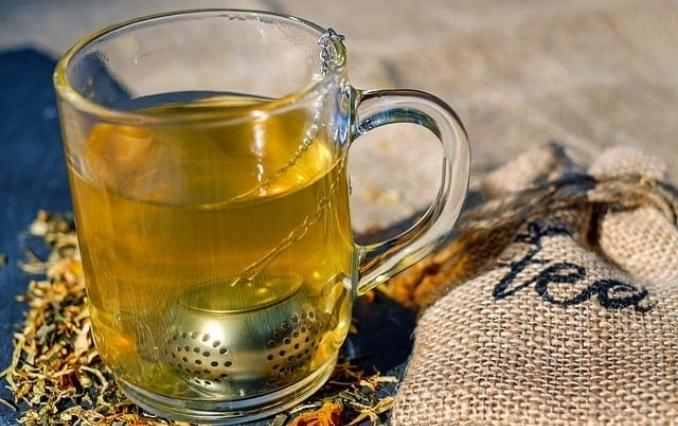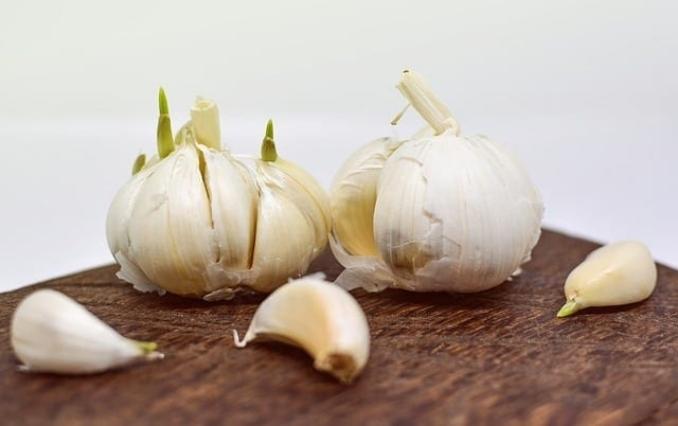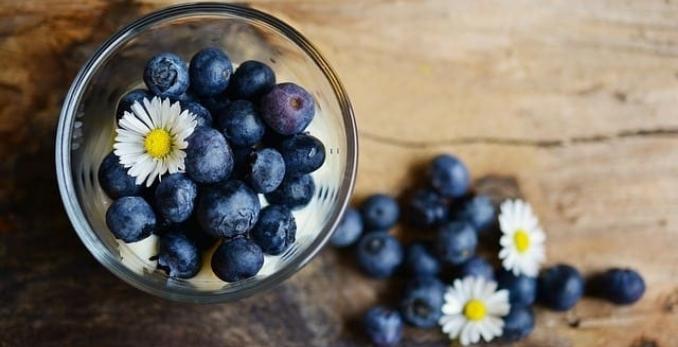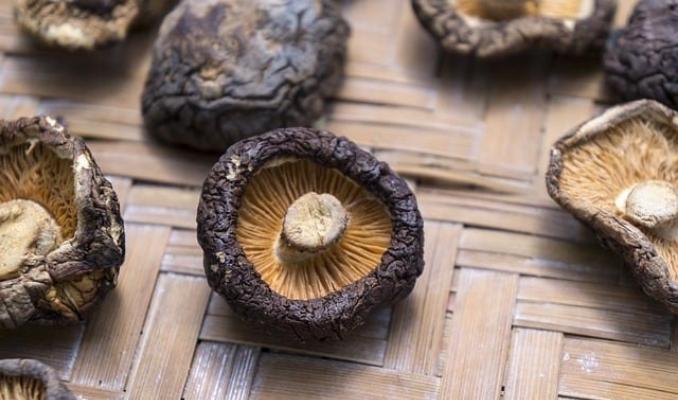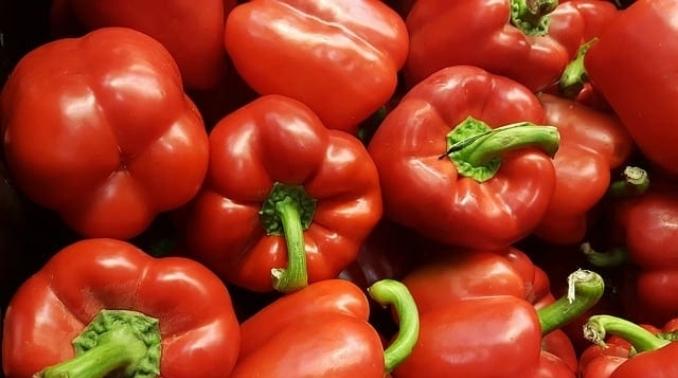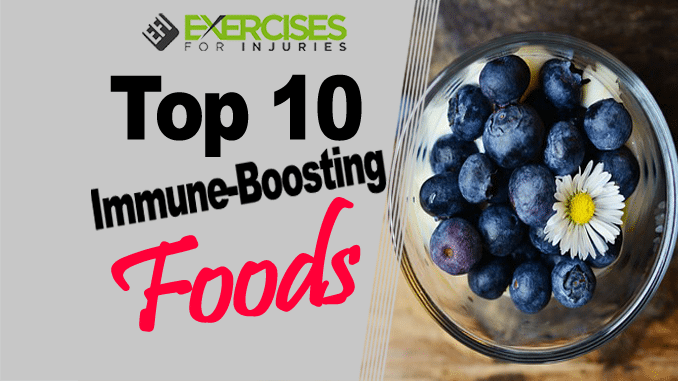
When you think about it, the health of your immune system determines not only your overall health but your quality of life too. When you have a strong, robust immune system, you can go about your day as you’d like. When your immune system is struggling, however, you are more at risk for infections and diseases that can stop you in your tracks.
A good night’s sleep and regular exercise both help to keep your immune system strong, but your diet can have a big impact too. In a 2002 study, researchers listed certain nutrients required for the immune system to efficiently function: amino acids; essential fatty acids; vitamins B, C and E; and minerals zinc, copper, iron and selenium. They noted that practically “all forms of immunity may be affected by deficiencies in one or more of these nutrients” and added that there is “increasing evidence that probiotic bacteria improve host immune function.”
According to Harvard Health, “Like any fighting force, the immune system army marches on its stomach. Healthy immune system warriors need good, regular nourishment.”
That means a regular, healthy diet consisting of fruits and vegetables, lean proteins, whole grains and healthy fats, but if you’d like to give your immune system an extra boost — during cold and flu season, for example, or following an illness — are there certain foods that are more effective than others?
Most any healthy food is good for the immune system, but we’ve got 10 below that have a reputation for giving your defenses a powerful backup.
1. Garlic
Chop up some more garlic if you want to stay well. It contains unique sulfur compounds that help fight off bacteria and infections. The one that’s been studied the most is called “allium sativum,” which according to one study, enhances the function of the immune system by stimulating certain cell types. In other words, it activates your defenses, bringing natural killer cells, lymphocytes and more into the fight against any invaders that may bring you down.
In another study, researchers found that a garlic supplement encouraged the development of natural killer cells and other immune cells, reducing the severity of the common cold and flu. Other research has shown that garlic supplements reduced the risk of getting a cold in the first place. Studies have also reported that garlic has anti-inflammatory properties and that it can help kill cancer cells.
2. Yogurt
You can add kefir, sauerkraut, kimchi, miso, kombucha, tempeh and pickles to this one — they all contain probiotics, and we have quite a bit of evidence now showing that probiotics help maintain a strong immune system. They’re involved in regulating the functions of some immune cells and have shown potential for helping to manage immune-based conditions like allergies, eczema and viral infections.
Like garlic, probiotics also help stimulate natural killer cells and lymphocytes. Researchers have suggested that supplementing with probiotics in infancy could help prevent immune-mediated diseases in childhood and perhaps even during pregnancy. Other studies have found that probiotics help tame inflammation in the gut, which may provide a better environment for the immune system, which resides largely in the gut.
3. Blueberries and Red Grapes
Berries as a whole are good for your health. They’re rich in a variety of antioxidants and have been linked to reduced risk of dementia, cardiovascular disease, Parkinson’s disease and potentially even colon cancer.
Blueberries are particularly high in antioxidants and, in a 2013 study, were linked to a boost in immunity. Researchers analyzed 446 compounds for their ability to positively affect the immune system and found two that stood out — resveratrol (found in red grapes) and pterostilbene (found in blueberries). Both of these worked with vitamin D to raise the expression of the “CAMP” gene, which is involved in immune function.
Other studies have indicated that blueberries may help modulate T-cell function — T-cells are lymphocytes that hunt down and destroy cells that are infected with germs or that have become cancerous.
4. Honey
If you already have a nasty cough, honey can help soothe your throat. It’s also regularly recommended to help soothe indigestion and heartburn. This is another antioxidant-rich food with natural antibacterial properties. In fact, its ability to kill off microorganisms is the reason why you can have honey sitting around in your cupboard for years that never goes bad.
Honey has long been used to help encourage wound healing and, in laboratory studies, scientists have found that it can hinder the growth of antibiotic-resistant bacteria that cause life-threatening infections in people. On top of that, honey has fructooligosaccharides that serve as probiotic agents and may help improve gut microflora.
5. Shellfish
Oysters, lobsters, crabs, clams and other shellfish are good sources of selenium, which is a critical nutrient for the immune system. Selenium helps produce immune cells called “cytokines” that move viruses out of the body.
In a 2013 study, for example, researchers reported that selenium is an essential nutrient that helps optimize immune defenses and that it not only helps provide antioxidant protection but is involved in nearly all tissues and cell types, including those involved in immune responses. They added that selenium deficiency results in a less-robust immune response to viruses, tumors and allergens.
6. Oats
These healthy grains contain beta-glucan, which is a type of fiber that has antioxidant and antimicrobial properties and has also shown in many studies to help boost the immune system.
In 2012, researchers reported that oat beta-glucan not only helps stabilize blood sugar levels but stimulates immune functions “by activating monocytes/macrophages and increasing the amounts of immunoglobulin, [natural killer] cells, killer T-cells and so on, which will improve resistance to cancer and infectious and parasitic diseases … .”
Other studies have found that beta-glucan can help lower blood sugar levels and control cholesterol. Subjects who regularly consume the grain had healthier numbers in these areas.
7. Mushrooms
Mushrooms, like oats, have beta-glucan, but they are of a slightly different type. Nevertheless, these compounds plus other nutrients in mushrooms can help you keep the doctor away.
In 2015, researchers reported that those who ate a cooked shiitake mushroom every day for four weeks had a more robust immune system than those who didn’t. More specifically, they had better-functioning T-cells and reductions in inflammatory proteins.
“If you eat a shiitake mushroom every day,” said study author Sue Percival, “you could see changes in [the] immune system that are beneficial. We’re enhancing the immune system, but we’re also reducing the inflammation that the immune system produces.”
It’s not only shiitake that helps. In a 2014 study, researchers studied five different types of mushrooms — almond mushrooms, cordyceps, hen-of-the-woods, reishi and “turkey tail” — and found that they all modify cytokines and can help protect against the growth of cancer cells.
8. Chicken Soup
Your mom may have fed you this when you were sick and, recently, scientists discovered just how smart she was. Laboratory studies showed that it inhibits neutrophil migration — neutrophils are white blood cells that often lead the immune system’s response to a bacterial or viral invader. The soup also had a mild anti-inflammatory action that the researchers believed helped ease the symptoms of upper respiratory tract infections.
A later study also reported that a compound found in chicken soup — called “carnosine” — helped the body’s immune system fight the early stages of the flu.
9. Red Bell Peppers
These little veggies have more vitamin C than any citrus fruit, and vitamin C is one of the key nutrients the immune system needs to do its job. They also contain several healthy phytochemicals and carotenoids, including beta-carotene, which operate as powerful antioxidants. Peppers are reputed to help tame inflammation and are a good source of vitamin E as well.
Based on years of research, we now know that vitamin C declines during infections and stress while vitamin C supplementation helps improve the immune system, stimulating the production of natural killer cells and lymphocytes. The nutrient can also shorten the duration of respiratory tract infections, including the common cold, particularly when combined with zinc.
10. Tea
Tea is a true superfood, providing so many health benefits. One of those is boosting the immune system. Tea contains “catechins” — powerful antioxidants that can protect you from disease.
In 2004, researchers found that white tea, in particular, could help slow the growth of dangerous bacteria like those that cause Staphylococcus infections, streptococcus infections, pneumonia and even cavities. An earlier study found that tea primes the immune system to attack invading bacteria, viruses and fungi, and that the immune cells of tea drinkers responded five times faster to germs than did the cells of coffee drinkers.
In 2010, researchers reported that green tea strengthens the immune system “because it protects against oxidants and radicals” and, in 2005, researchers found that chamomile tea could help against a variety of health problems, including colds.
So, if you’re feeling like you may be getting a little down, reach for the tea before the coffee. Black, white and green have the most studies behind them where the immune system is concerned, but herbal teas may also help kill bacteria and get you feeling better faster.
For your guide to the best foods to heal your body, check out The Best Foods that Rapidly Slim & Heal in 7 Days, here!

